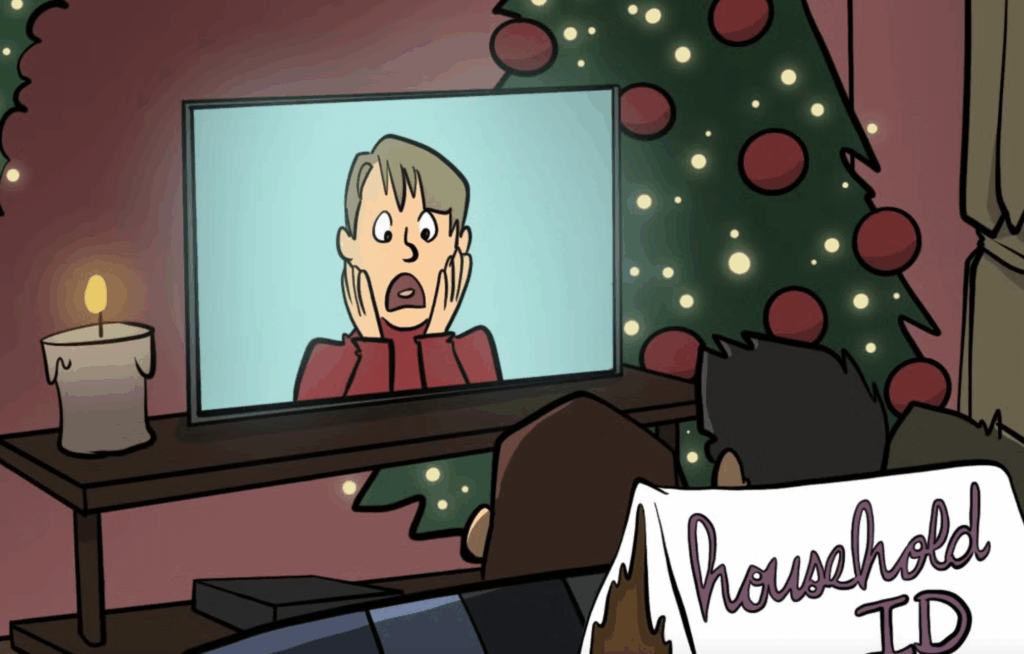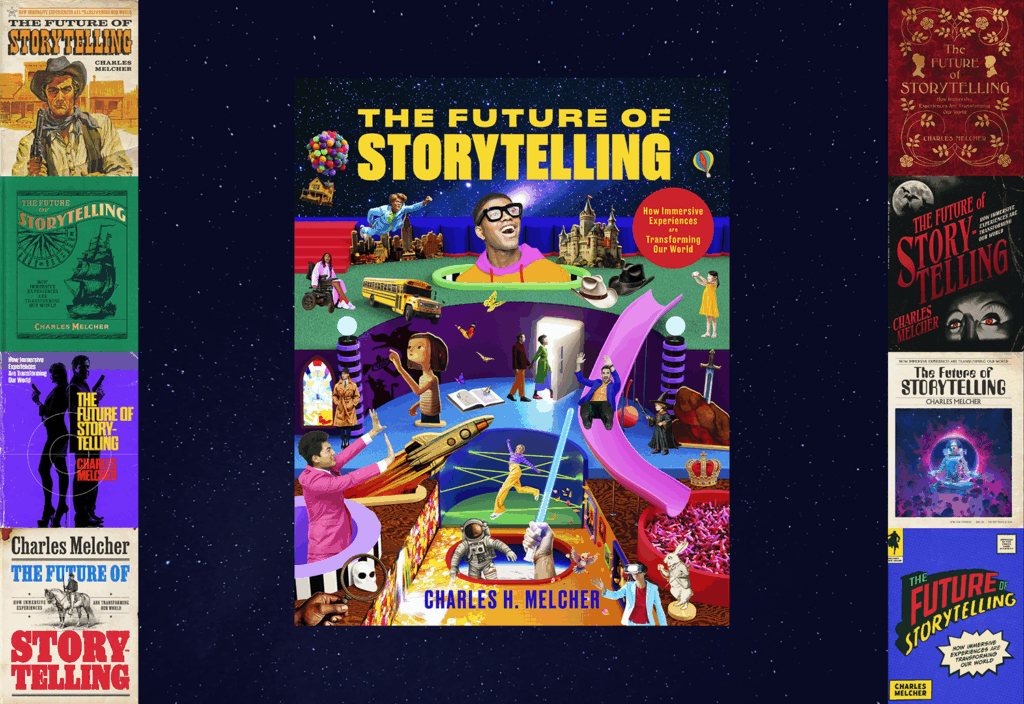Play protocol usually dictates that patrons shut off their cellphones upon entering the theater. That’s increasingly not the case these days with many Broadway and Las Vegas shows, as well other types of live events.
Before the curtain rises on the Blue Man Group’s “How to Be a Mega Star” tour, audience members are prompted by large LED screens at the stage to text in with their mobiles to win a backstage tour after the show.
A reply comes right back to cellphones users that punched in the code, thanking them for coming to the performance. In return for providing an e-mail address, audience members receive a free subscription to the Blue Man Group e-newsletter.
While several contest winners get the tour, non-winners get a thank-you text asking them to reply back with a one-word review. If they do, phone wallpaper bounces back of Floppy the Banjo Clown, a character from the show.
“People are sitting there waiting for the show to begin and don’t really have anything to do,” says David Wachs, president and founder of Cellit Mobile Marketing, which conducted the campaigns in conjunction with Situation Marketing LLC.
The LED screen continues to scroll provocative questions like “how many people around you look happy?” Each audience member’s answers are saved for posterity on a Blue Man Group Web site (www.howtobeamegastar.com) as part of its Collective Art project. The words are turned into visual abstract art, keeping with the Blue Man tube motif.
“The lines are blurring between all communication mechanisms: Web and phone,” comments Wachs. “What we’re really trying to do is create an exciting experience that crosses multiple platforms. And it’s mobile that is the glue that ties them all together.”
The traveling show, whose itinerary includes 60 cities, is scheduled to end in May. So far, hundreds of thousands of e-mail addresses have been collected. Between 3,000 and 15,000 people attend each performance.
About 50% of the people who initially engage in the process stick with it to the end.
“That’s one of the interesting things we see with mobile in general,” says Damian Bazadona, president of Situation Marketing. “We have a much clearer calculation of what the results will be and what triggers a higher response. There’s definitely a consistency to things that work and those that don’t.”
Texting plays a broader role at Blue Man Group’s long-running show in Las Vegas. On banner ads, people can enter a phone number and travel dates. After their plane lands, they get a text reminder to buy tickets. At the baggage claim display, giant TV screens also promote a mobile contest to win tickets. Plans are underway to begin texting campaigns in-theater in Las Vegas and where the other stand-alone Blue Man Group productions have been running.
ON BROADWAY
Marketing for the Broadway musical “Passing Strange” includes billboards at subway entrances around New York City that tell passersby to text in a code. The person then receives a text message saying thanks and to expect a call.
About five seconds later a call comes in with a recording of a 40-second musical clip from the show and an offer for a ringtone. The person can then press 1 to be connected to Telecharge to order tickets, which about 20% to 25% of the people do.
“They might not buy tickets then and there, but at least they learn about pricing and availability,” Wachs says. “If you make the experience easy and engaging enough, you lower the barriers to purchase.”
The musical “Curtains” recently had a banner running on NYTimes.com that prompted people to enter their phone number on the ad, and within seconds, their phones received a recording from the show’s star David Hyde Pierce.
“This really allows these great viral experiences as people send around ringtones and some of the musical recordings,” Wachs says.
And during the Broadway shows “Legally Blonde” in New York and “Spamalot” in Las Vegas, attendees can text in to win free merchandise like a CD soundtrack or T-shirt.
And last fall, when “Legally Blonde” the musical aired on MTV, all members of the show’s fan club received an advance phone call that reminded them to watch it. They could also option to opt-in to play a texting game during the telecast to try to win an iPhone.
“We’re trying to use the enthusiasm and energy from the shows each night to fuel word of mouth, which is ultimately the primary driver of ticket sales,” Bazadona says. “The one device to do that is mobile. It’s the device they have with them at the moment. If you wait for them to get home you miss part of that connection.”
For more articles on interactive marketing go to www.promomagazine.com/retail



